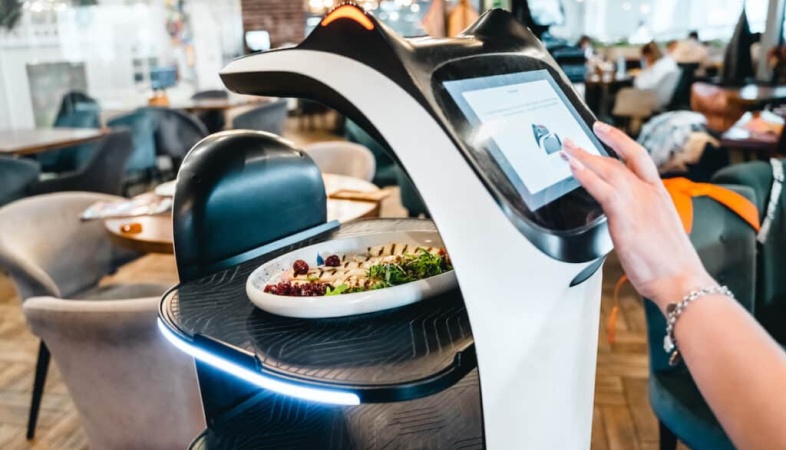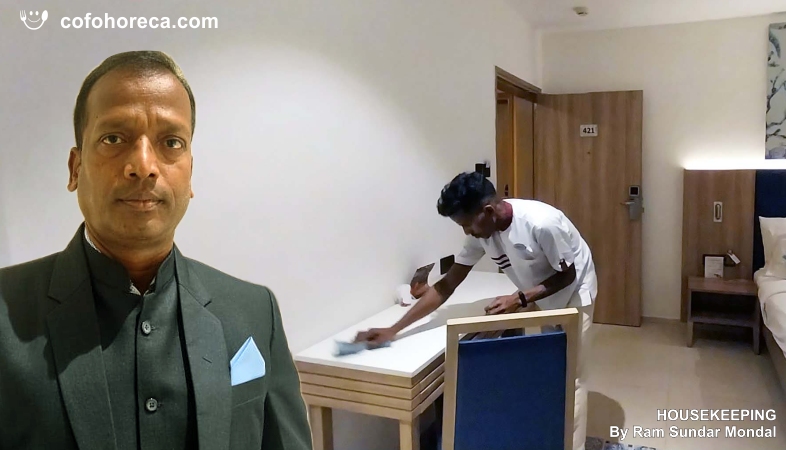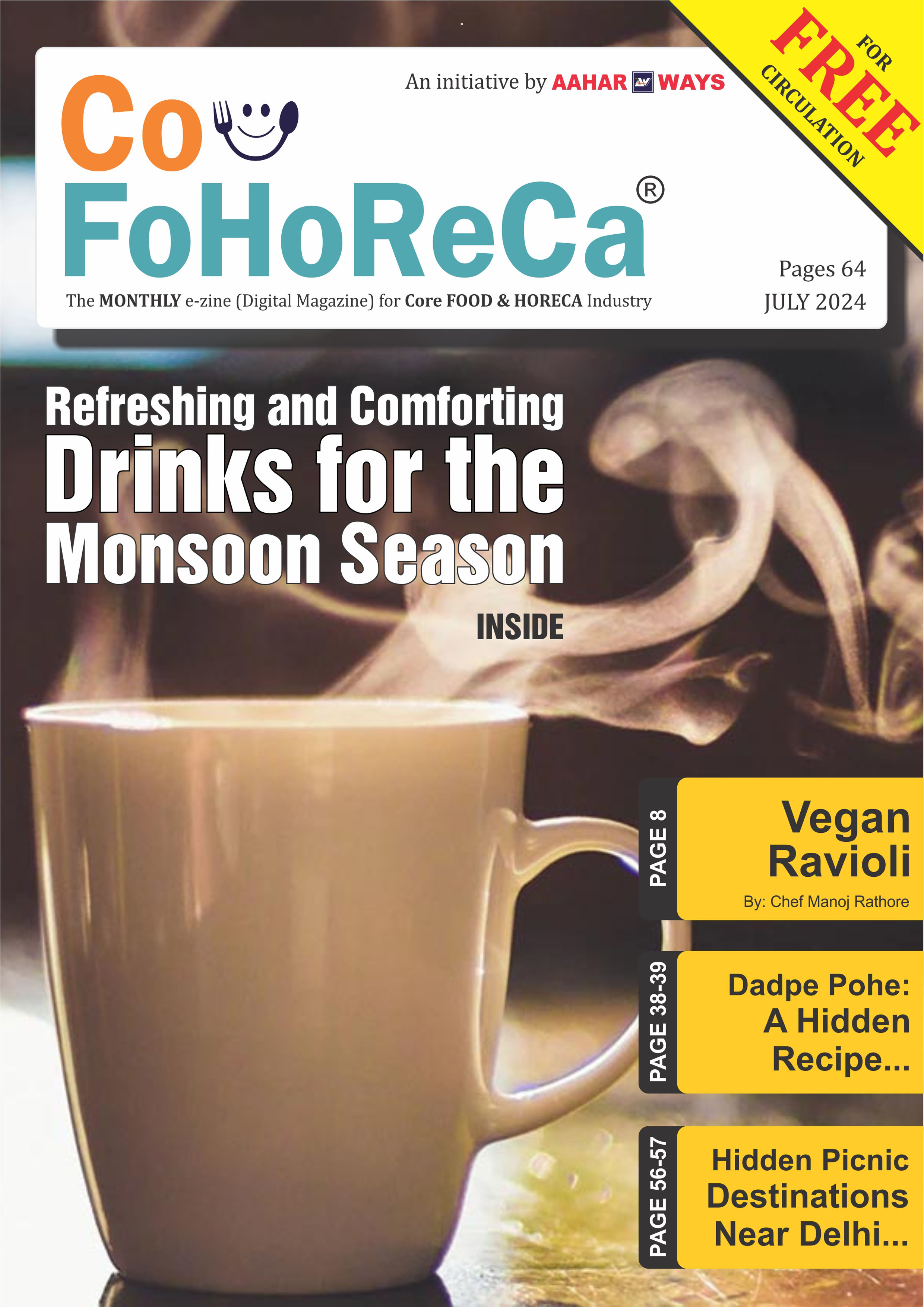Mastering the Art of Guest Communication: Effective Front Office Interactions and Customer Service
Mastering the art of guest communication requires a combination of empathy, professionalism, clarity, and personalized service.

In the hospitality industry, effective guest communication
is the cornerstone of exceptional customer service. From the moment guests
enter the hotel lobby until they check out, every interaction with front office
staff shapes their perception of the establishment. In this article, we'll
explore the strategies and best practices for mastering the art of guest
communication to deliver memorable experiences and build lasting relationships.
1. Warm and Welcoming Greetings: The first impression sets the tone for the entire guest experience. Front desk agents should greet guests with a genuine smile, friendly demeanor, and personalized welcome message. Addressing guests by name, acknowledging special occasions, and offering assistance with luggage or directions demonstrates attentiveness and hospitality from the outset.
2. Active Listening and Empathy: Effective communication begins with active listening and empathy. Front office staff should attentively listen to guests' needs, concerns, and preferences, demonstrating genuine interest and understanding. Empathizing with guests' emotions and perspectives enables staff to provide personalized solutions and create positive interactions that resonate with guests long after their stay.
3. Clear and Concise Information: Clarity and transparency are essential elements of effective communication. Front desk agents should communicate information about room rates, amenities, policies, and services in a clear and concise manner, avoiding jargon or technical language that may confuse guests. Providing accurate and relevant information enables guests to make informed decisions and enhances their overall experience.
4. Proactive Communication: Anticipating guests' needs and preferences is key to proactive communication. Front office staff should actively engage with guests throughout their stay, offering assistance, recommendations, and updates on special promotions or events. Proactively addressing potential issues or concerns before they escalate demonstrates attentiveness and commitment to guest satisfaction.
5. Multilingual Communication: In today's multicultural world, the ability to communicate in multiple languages is a valuable asset for front office staff. Hotels should invest in language training and resources to ensure that staff can effectively communicate with guests from diverse backgrounds and nationalities. Offering multilingual signage, guest information materials, and language support services enhances inclusivity and accessibility for all guests.
6. Professionalism and Etiquette: Maintaining professionalism and adherence to etiquette standards is essential for building trust and credibility with guests. Front office staff should demonstrate professionalism in their appearance, demeanor, and communication style, while also adhering to established etiquette guidelines for addressing guests, handling inquiries, and resolving conflicts with diplomacy and tact.
7. Timely and Responsive Service: Prompt and responsive service is a hallmark of exceptional guest communication. Front office staff should promptly respond to guest inquiries, requests, and feedback, whether in person, by phone, or through digital channels. Timeliness and efficiency demonstrate respect for guests' time and priorities, fostering trust and satisfaction with the hotel's service standards.
8. Personalization and Customization: Tailoring communication to each guest's preferences and preferences enhances the sense of personalized service and connection. Front office staff should use guest data and insights to personalize interactions, such as remembering past preferences, acknowledging loyalty status, and offering personalized recommendations or amenities. Personalization creates memorable experiences that leave a lasting impression on guests.
Mastering the art of guest communication requires a combination of empathy, professionalism, clarity, and personalized service. By prioritizing effective communication strategies and investing in staff training and development, hotels can create meaningful connections with guests, exceed their expectations, and cultivate loyalty and advocacy for their brand.
.png)




























